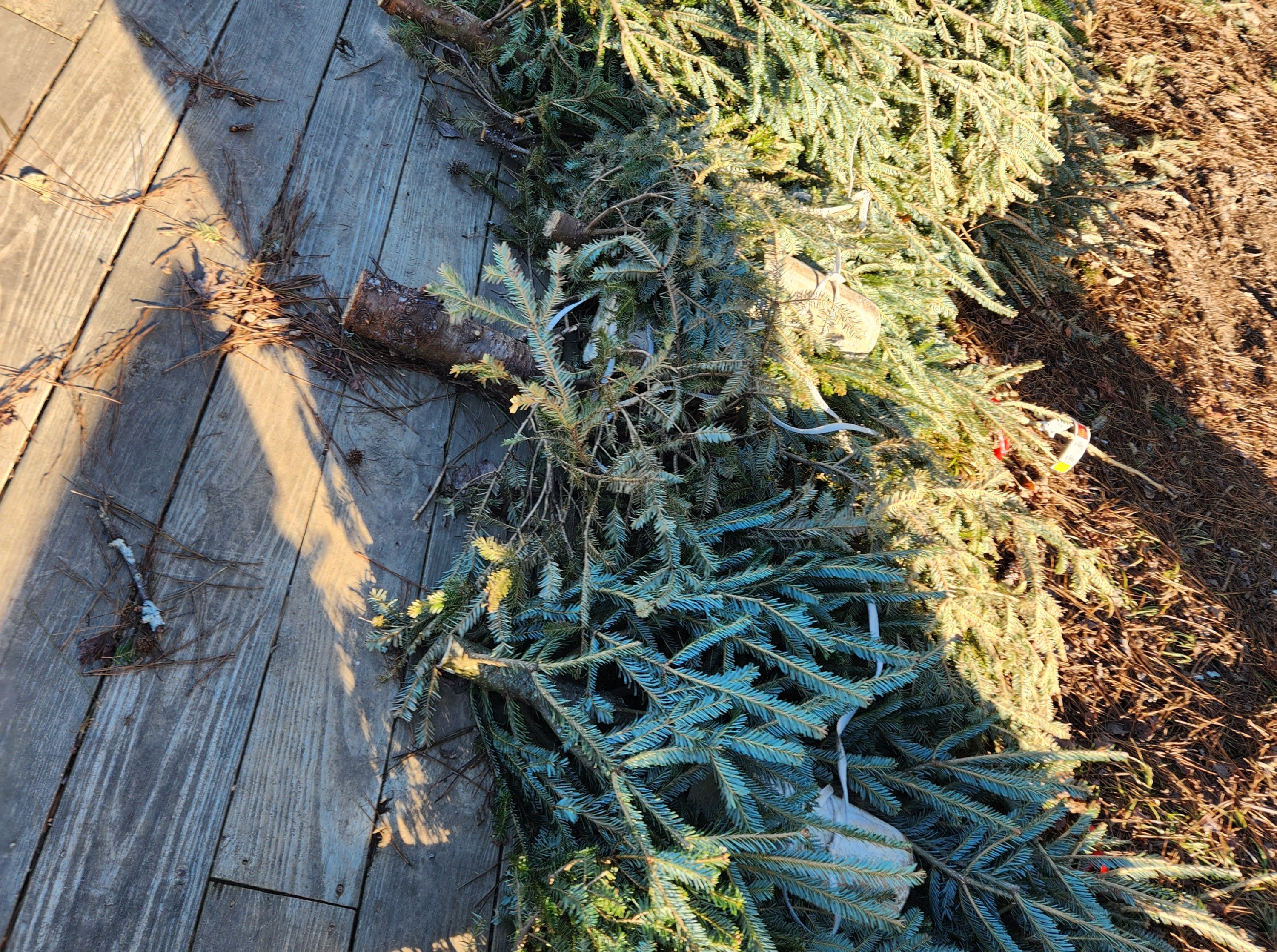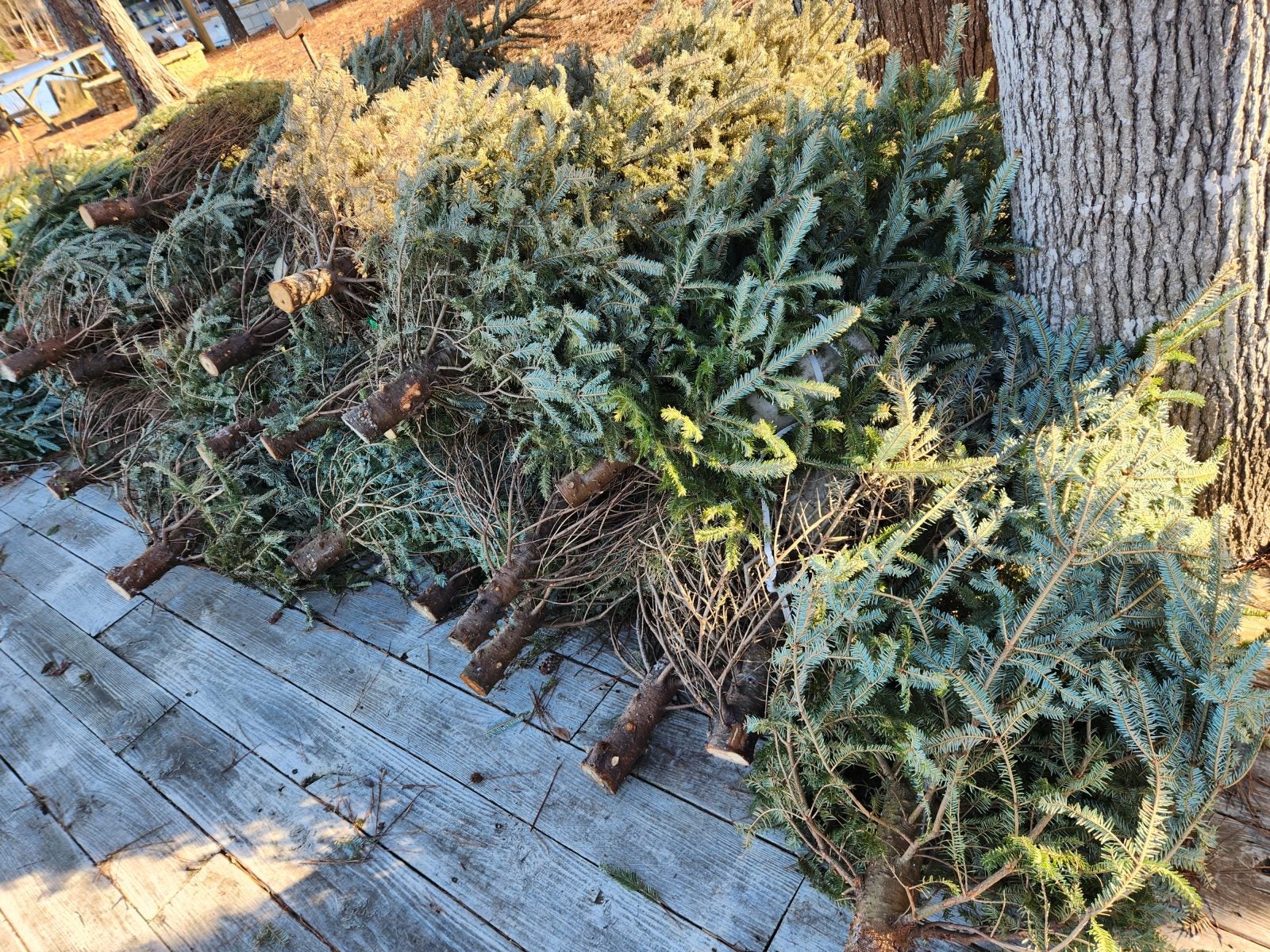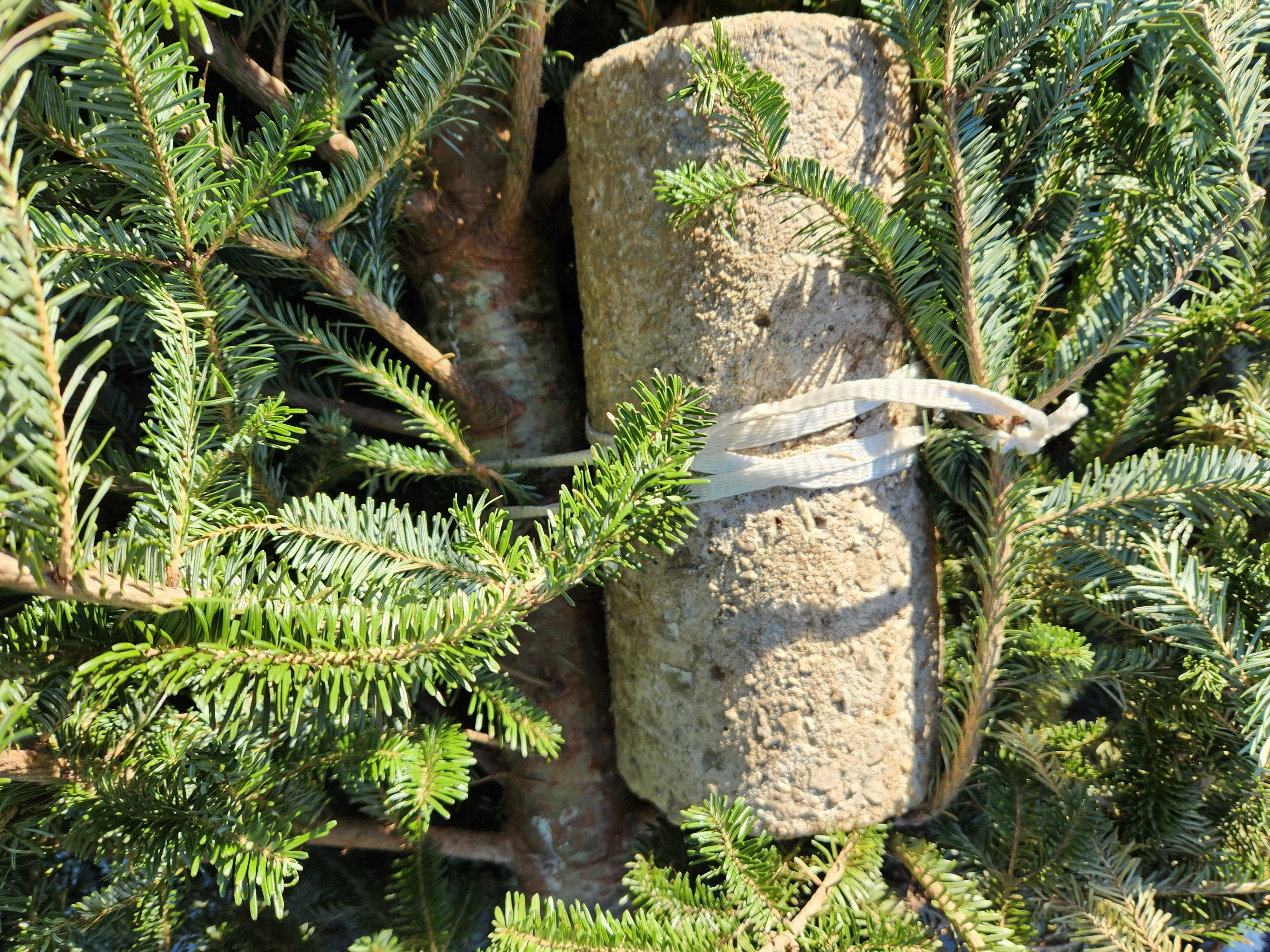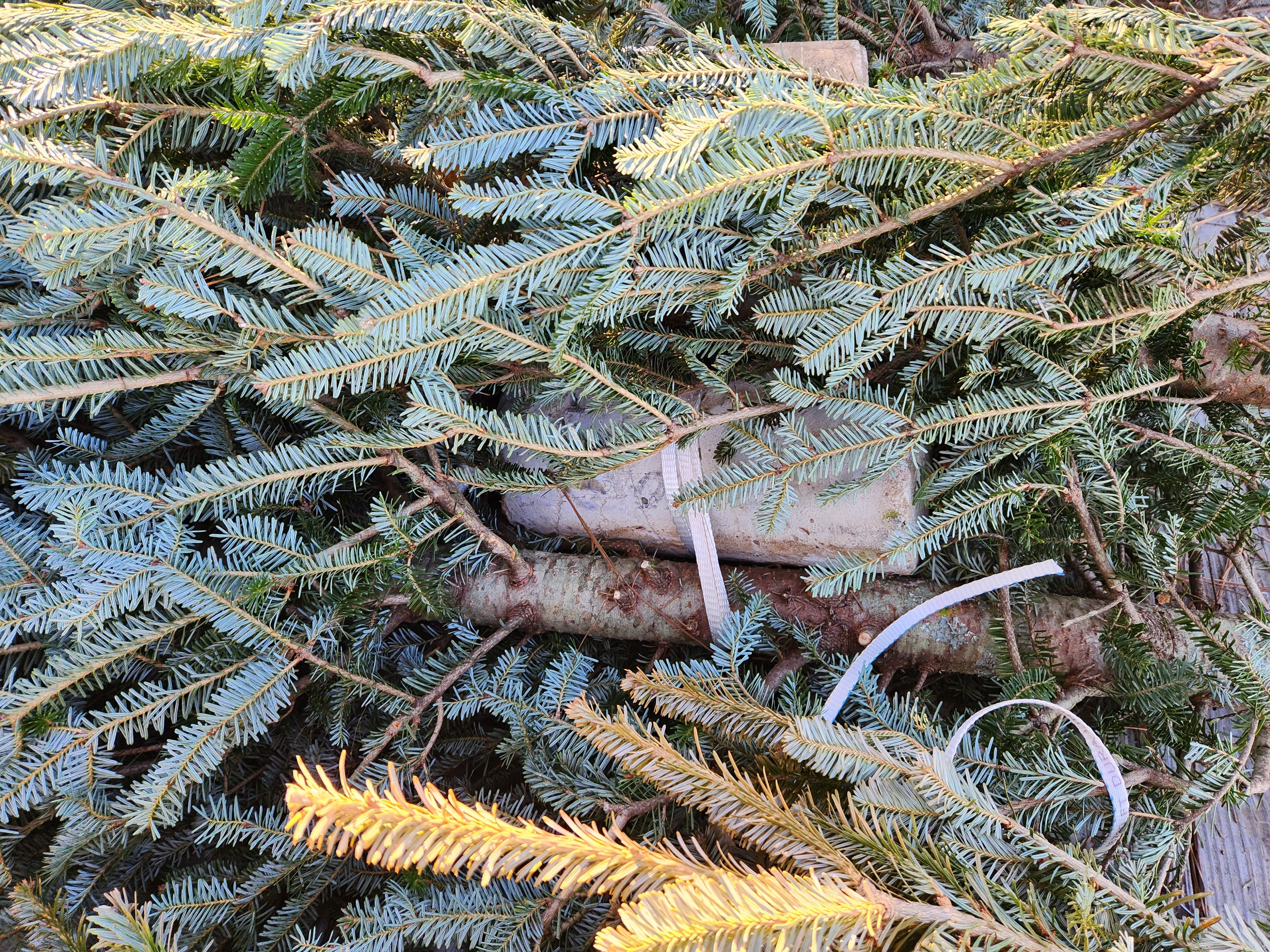DIY: Fishing Brush Piles out of Old Christmas Trees – Create Structure
Eugene L. 01.09.23
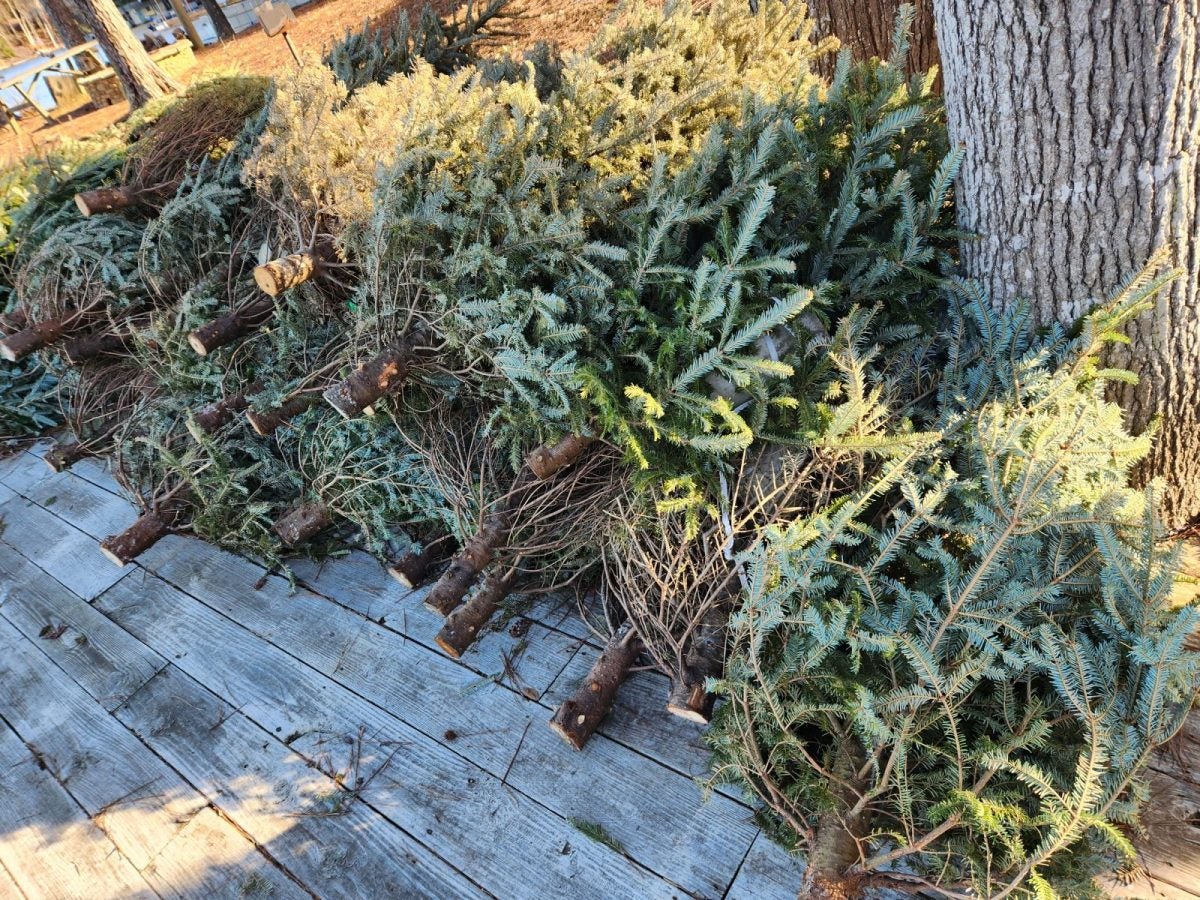
There are about 25-30 million real live Christmas Trees sold every year in the United States. After Christmas is over millions of those trees end up in landfills taking up loads of space. But there is an alternative option instead of trashing them, you can instead reutilize the trees to improve your favorite private fishing hole. By gathering up as many Christmas Trees as you can from your neighbors or just the curb you can make a decent brush pile for relatively cheap. I need to iterate here, this should only be done on private lakes with express permission. Check with your local regulations so you don’t get dinged with a littering charge. All the Christmas trees in this article are being put in the lake through the lake management of a private lake. Again, check your local laws and regulations. Maybe even reach out to your local wildlife agencies for existing Christmas tree programs.
For this project, all you literally need is some old Christmas trees, which should be easy to get now, some weights, and some cordage. In this case, we had a bunch of concrete plugs that were made with scrap concrete and scrap tubing. You can use cinder blocks, or even rocks if you can manage to tie the trees to them. I recommend avoiding anything metal, it can act funny in the long term on the bottom especially if it is ferrous. For an average Christmas tree, you will need about two cinder blocks to sink them and hold them on the bottom. That’s about 30 pounds of weight so that’s the goal for whatever material you are using as the anchor for the Christmas trees. For cordage any rope works, you just want something that will last for at least a year underwater. You don’t want your brush pile floating up one day randomly.
For getting the Christmas trees for this project, just ask around. A lot of people would gladly give you their old tree, it saves them a trip to Home Depot or wherever the Christmas tree drop is. In past years we have asked Home Depot for their trees and they gladly obliged us with as many as we could fit in our trucks. Ok once you got all your materials I recommend staging them and assembling the Christmas trees on the water or the bank/docks. It is a lot easier to drag down the blocks and trees separately than it is to move the pre-blocked Christmas tree.
Ok for assembly it’s super easy. Get your tree and clear a spot on the trunk near the base for whatever you chose for an anchor and then just get your weights and tie them directly to the trunk of the tree tightly. You want the weights as close as possible to the trunk so when the thinner limbs start breaking down and sloughing off the tree the weights are still secure and tight on the tree. If you’re using cinder blocks try to lash them to the Christmas trees in a way that they sink vertically. Fish will gravitate towards structure more if it’s vertical in the water.
Once the anchor is secure all you have to do is take it out and sink the Christmas tree to start making your brush piles. There is a little research you want to do before you go sink your trees though. Location is key to the success of your brush piles. Unless you are wanting to boost the fish-holding ability of a specific area such as a dock or bank fishing spot fish, you want to sink your Christmas trees in deeper water offshore. It’s not a strict rule but you want to place your brush in water about 20 feet deep. That way there isn’t a risk of them becoming a navigational hazard for boats and a tangle hazard for swimmers. That depth of water also lets you be more vertical in how you set the structure. Good locations to set the trees down would be those with ready deep water access in the main lake. So structures such as long main points, humps, drop-offs, and cuts in ledges, are all these traditionally ideal fishing areas. With a brush pile on them, you can concentrate the fish. Other ideal locations to drop trees would be anywhere with a creek channel exists or water flows into the main lake.
For adding Christmas trees to a shallow farm pond or a similar body of water I recommend fishing the deepest part of the pond near any sort of feature change. Or stacking the trees under docks or along some of the pond banks for baitfish to thrive in.
You want to use at least two trees for a brush pile when you are making your spots. Ideally, five trees for a pile, making a sort of underwater grove. That way bass, panfish, and prey species can live amongst the trees you dropped. The last thing you want to make sure of is to mark where your brush piles are located, make a mental note using landmarks on the banks. Pictures for you to use as reference, or mark it on your bottom machine if you can. No point in going through all this work to lose the brush pile. The last thing to note as well is, once the trees go in the water they’re available for anyone else to fish. You don’t own that spot so don’t get mad if someone else is fishing it,
